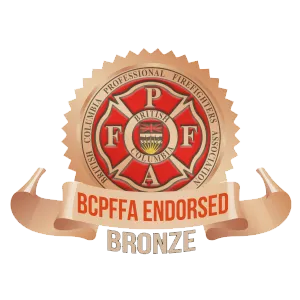Author: Mark Kamena 1 E) • Heidi Galvez2
Little research exists to determine the efficacy of residential treatment for first responders. In this article, data from a residential retreat were used to examine factors leading to symptom reduction in emergency responders suffering from critical incident stress and post-traumatic stress injury (PTSI). Data were analyzed using multivariate analyses of variance and a 2×2 mixed factorial design. A repeated measure design, the Symptom Assessment for Emergency Responders (SAFER) questionnaire, consisting of 18 clinical and three validity scales, was assessed and analyzed through causal-comparative data. The participant group consisted of 122 emergency responders attending the West Coast Post-trauma Retreat (WCPR) during 2017. The waitlist group consisted of 20 emergency responders. Retreat clients were asked to complete the SAFER questionnaire on the first and last days of the retreat, as did the waitlist participants. Comparisons were then made between the scores of those attending the retreat and those on the waitlist. The results from the SAFER questionnaire indicated a significant pre-post-test decrease in many of the measured symptoms for the retreat participants, as compared with that of the waitlist participants.
Keywords Emergency responder, PTSD, PTSI, Critical incident stress, Coping, Trauma, Law enforcement, Police officer, Firefighter, Paramedic, Dispatcher


